Doctor Trinh Viet Bac (right) and colleagues monitor a patient with cardiac arrest who is undergoing command hypothermia. Photo: H. Dung |
Because all the most serious patients are concentrated here. Keeping the environment clean and limiting germs is extremely necessary to ensure the safety of patients' lives.
boundless happiness
After 2 weeks of "fighting" with "death" with his colleagues to save the life of 4-year-old boy LAK with acute myocarditis, specialist doctor I (BS CKI) Tran Le Duy Cuong (Deputy Head of the Department of Intensive Care - Anti-Poison, Dong Nai Children's Hospital) was able to smile.
Standing by the bedside observing the patient, Dr. Cuong said that when he was brought to the emergency room, the boy was in a very serious condition, with a high risk of death and could not be transferred to a higher level. On the first night alone, the patient had cardiac arrest four times. Doctors and nurses had to be on duty at the bedside constantly, not daring to sleep all night. All of the child's vital signs were closely monitored, and if there were any unusual signs, they would be promptly handled.
“There were times when we thought we could not save the patient because the disease was too severe. But with determination and love for the patient, we did everything we could for the patient. Thanks to that, the patient's condition gradually improved and he is now conscious without any sequelae. For us, this happiness is incomparable,” Dr. Cuong shared.
Ms. Luong Quynh Da Thao (residing in Long Phuoc commune, Long Thanh district, mother of baby LAK) confided: “The doctors and nurses gave birth to my son again. A thousand words of thanks cannot express my family’s sincere feelings and gratitude towards the doctors and nurses of the hospital.” |
As for Dr. Trinh Viet Bac (Deputy Head of the Department of Intensive Care and Anti-Poison, Thong Nhat General Hospital), every day he comes into contact with dozens of serious cases requiring ventilators and oxygen, making him understand more clearly the value of life.
Doctor Bac said that most of the patients in the department are elderly, suffering from diseases such as pneumonia, chronic obstructive pulmonary disease, infections, and stroke. But there are also very young patients, the only children, the pillars of the family, who have suffered traffic accidents, domestic accidents, and suicides, leading to multiple injuries and very serious injuries.
Doctor Bac confided: “Because of the strict infection control requirements, nurses and caregivers in the department have to do all the patient care work. From carrying out doctors’ orders to feeding patients, giving them milk, bathing them, and taking care of their personal hygiene. Everyone is busy all day long.”
As he spoke, Dr. Bac led us to visit some seriously ill patients who had recovered after a long period of treatment. For example, a female patient with severe complications of diabetes who had to be on a ventilator has now been weaned off the ventilator and is able to communicate. Or the case of a 38-year-old male patient with ventricular fibrillation and sudden cardiac arrest who was given emergency treatment and timely coronary intervention...
The silences…
In a place where life and death are on the line, like the Intensive Care and Anti-Poison Department, loss is inevitable. But just because they often witness patients passing away, the emotions of the doctors and nurses here do not become numb.
During 8 years working at the Department of Intensive Care and Anti-Poison, Dong Nai Children's Hospital, Dr. Ngo Thai Binh has experienced all the emotions. From joy and happiness when patients gradually recover and are discharged from the hospital, returning to the loving arms of their families, to the feeling of sadness and remorse because despite doing everything possible, they cannot save the patient.
Doctor Binh confided that when a patient died, he felt stressed and told himself that he had to try harder to learn more so that he could do better and save more patients.
For Dr. Bac, the reason he initially joined the Intensive Care and Anti-Poison Department was because he wanted to challenge himself, to face difficult cases and overcome them. However, he and his colleagues could not always overcome them despite their dedication and devotion to the patients.
Doctor Bac recalled that before Decree 100/2019/ND-CP of the Government on penalties for road and railway traffic violations, the department continuously received patients with traffic accidents leading to serious multiple injuries. Despite the red alert across the entire hospital and mobilizing all necessary conditions to rescue the patient, in the end the patient did not survive. In one case, the patient was run over by a truck in the pelvic area. Doctors performed surgery, used the best medicines, and transfused a total of 20-30 units of blood to help the patient stabilize and transfer him to a higher level. However, after only 3 months, the patient could not defeat the "death" due to hospital infection.
To increase the chances of survival for critically ill patients, Dr. Bac believes that first of all, it is necessary to increase education for the community so that as many people as possible know the proper first aid techniques, as soon as possible in the community. For example, in cases of sudden cardiac arrest not caused by trauma, people can give first aid, perform CPR to help the patient overcome the critical condition and then take them to the emergency room.
As for Dr. Bac, he continuously participates in courses to improve his professional qualifications and skills, such as studying for a specialization I in blood filtration and plasma exchange, learning more about ultrasound, electrocardiography, and learning more techniques from other specialties. Thanks to that, since last year, the Department of Intensive Care and Anti-Poisoning, Thong Nhat General Hospital has brought continuous blood filtration and plasma exchange techniques to a new level and made them routine, helping to save the lives of many serious cases.
Hanh Dung
Source: https://baodongnai.com.vn/xa-hoi/202504/noi-ranh-gioi-mong-manh-2434f32/


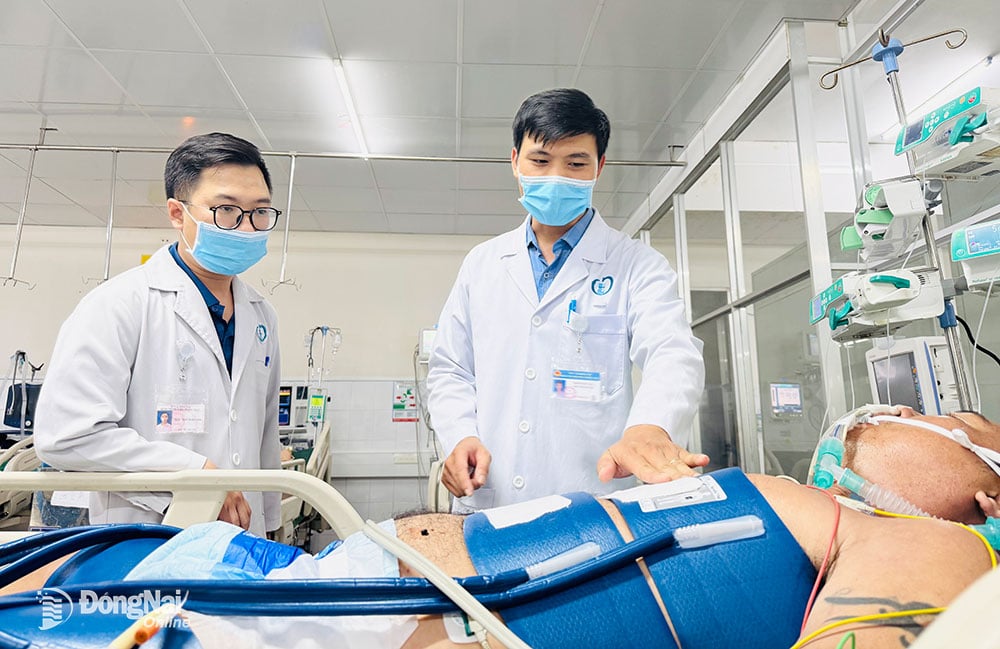


![[Photo] President Luong Cuong receives Ambassadors presenting their credentials](https://vstatic.vietnam.vn/vietnam/resource/IMAGE/2025/4/24/90fb9cc6c21e4607840f58305b4d4536)
![[Photo] Prime Minister Pham Minh Chinh launched the movement "The whole country competes in innovation and digital transformation"](https://vstatic.vietnam.vn/vietnam/resource/IMAGE/2025/4/24/77f7c5c63228481eaeaa5d7e3c59d19d)


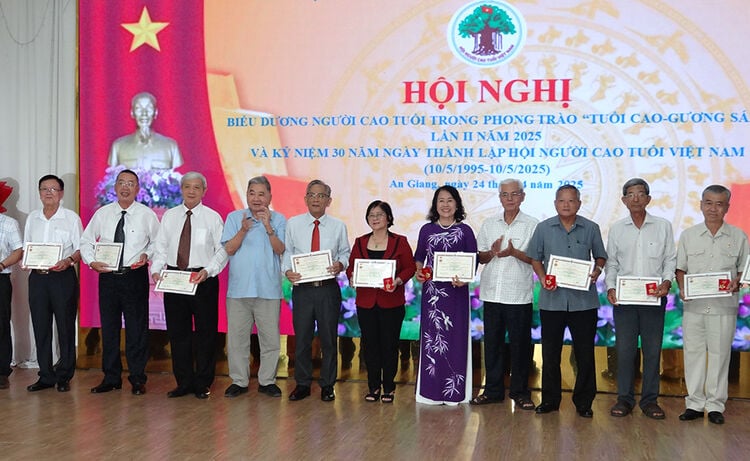
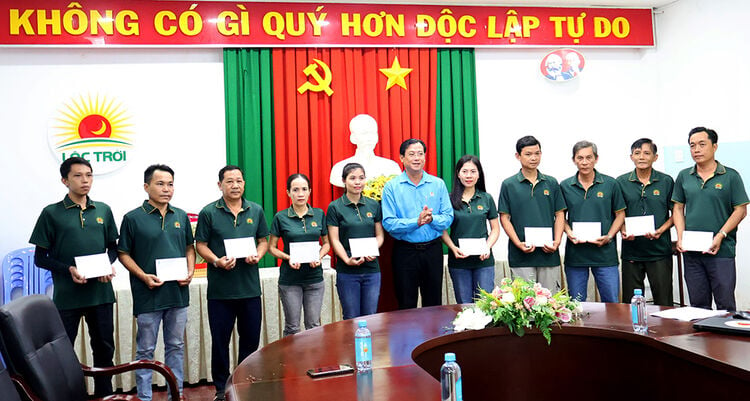
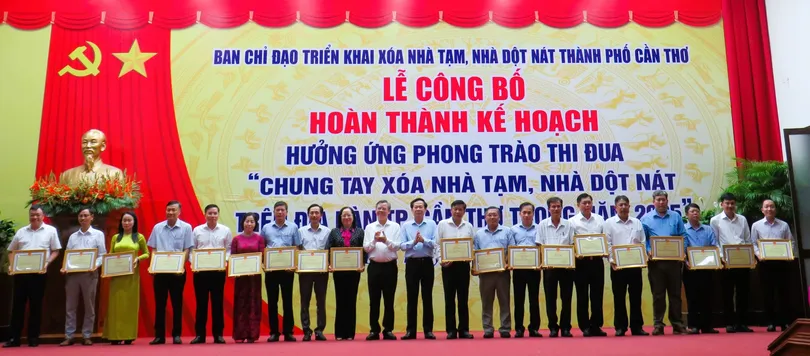
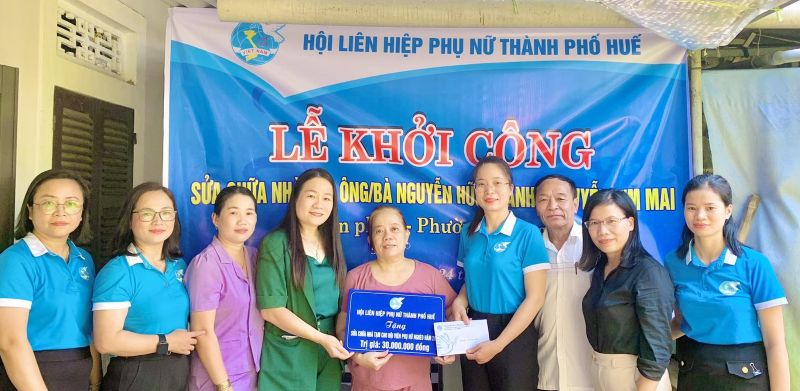
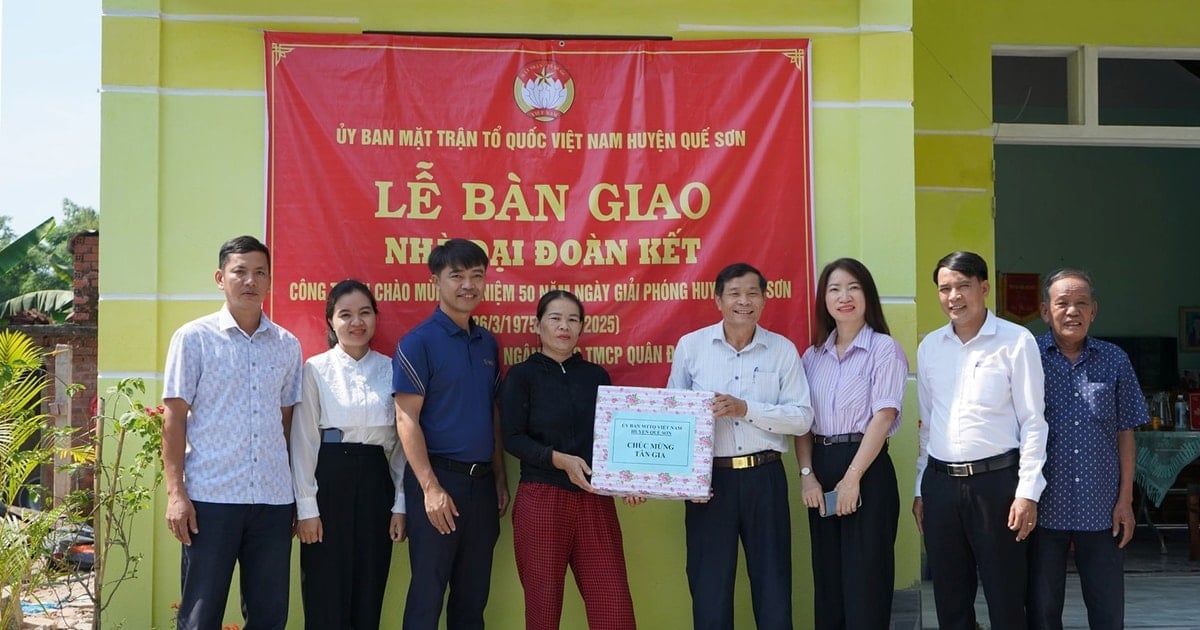



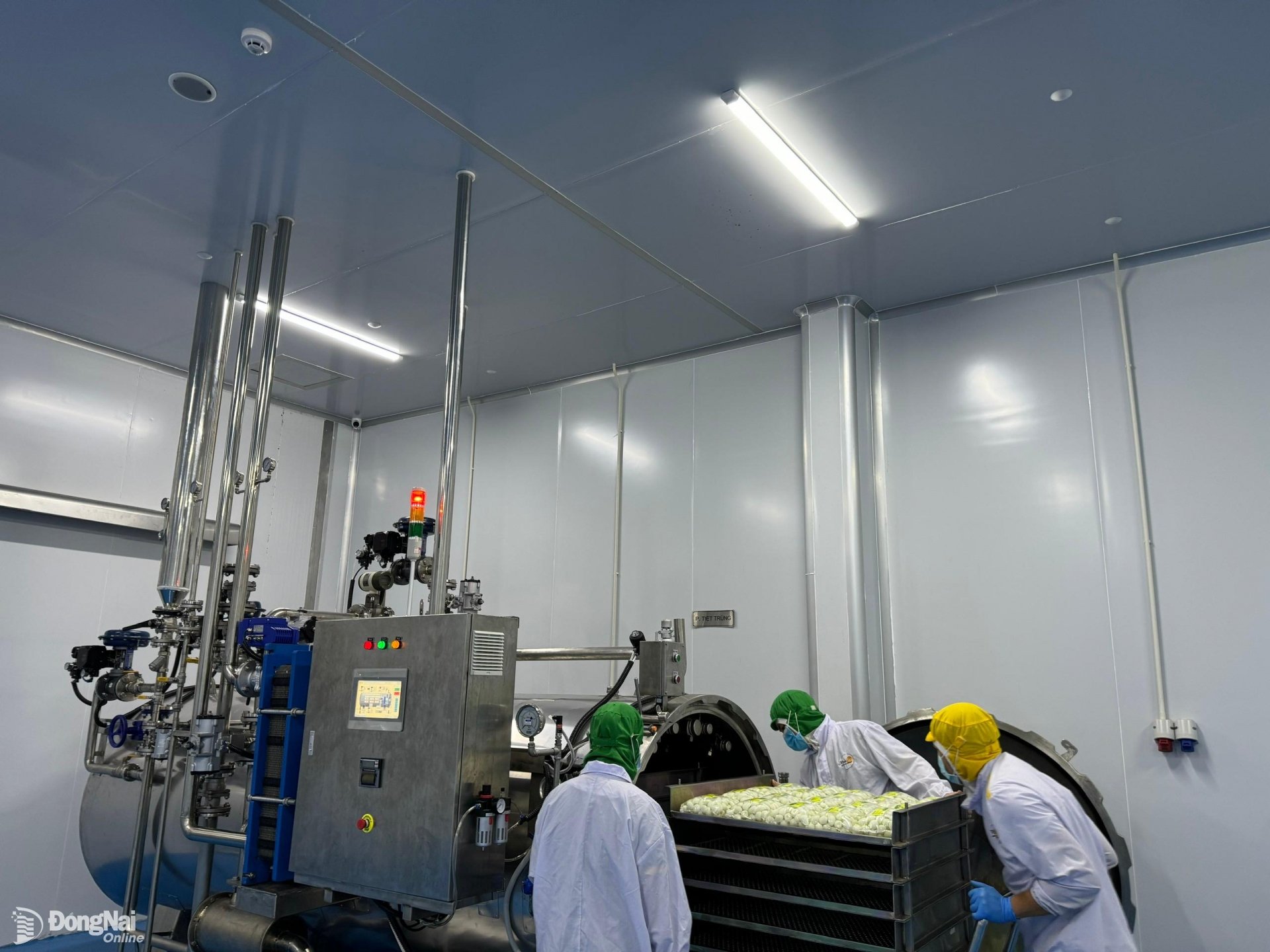

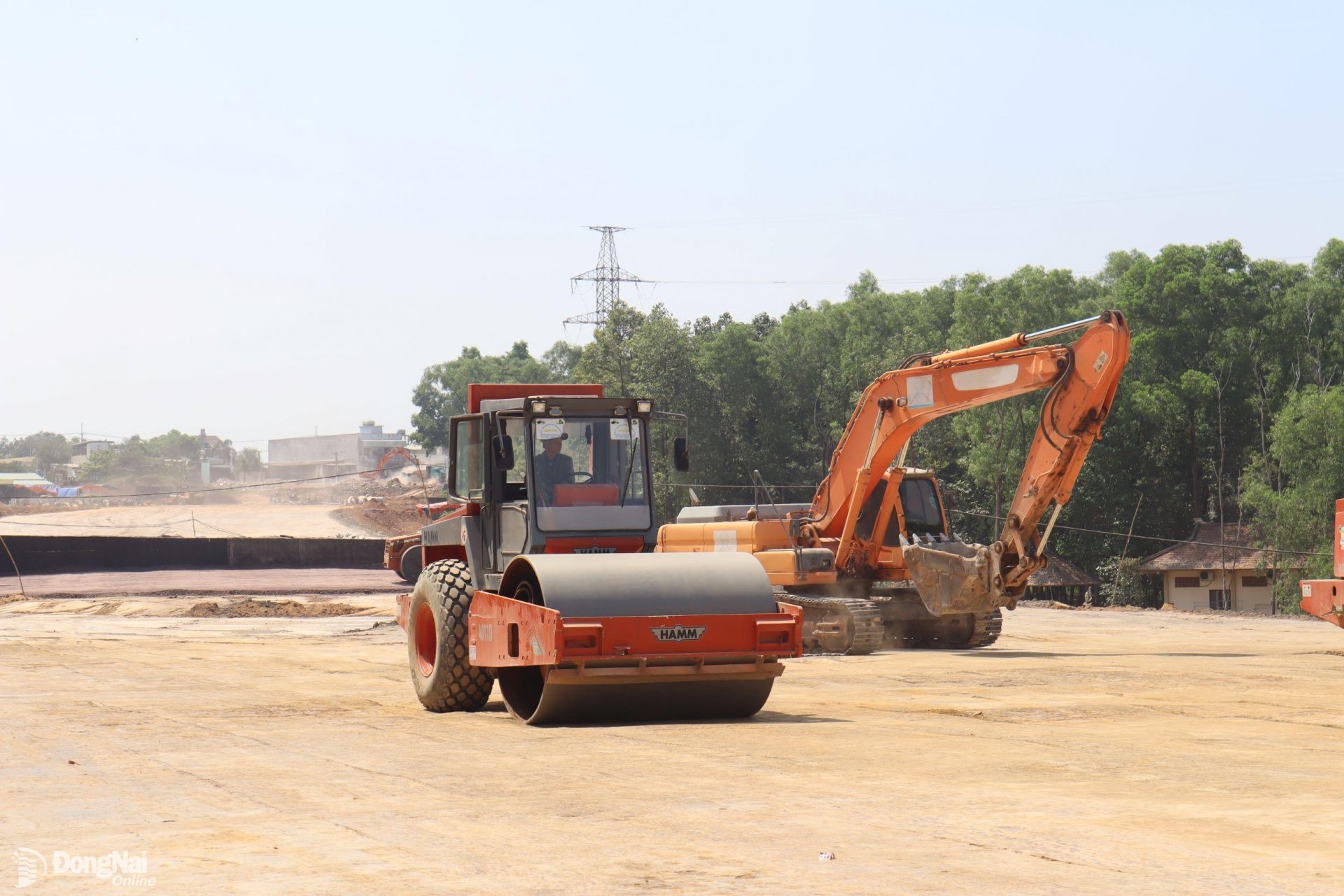


![[Photo] Prime Minister Pham Minh Chinh speaks at the online Climate Summit](https://vstatic.vietnam.vn/vietnam/resource/IMAGE/2025/4/24/8e25d00641874e47ad910427c3efe772)
![[Photo] Prime Minister Pham Minh Chinh receives Chairman of Syre Group (Sweden)](https://vstatic.vietnam.vn/vietnam/resource/IMAGE/2025/4/23/1f541ee01d164844934756c413467634)
![[Photo] Many groups of students enjoyed exploring the Interactive Exhibition at Nhan Dan Newspaper](https://vstatic.vietnam.vn/vietnam/resource/IMAGE/2025/4/23/29184831b77143e0b9acdd71a05a40c2)


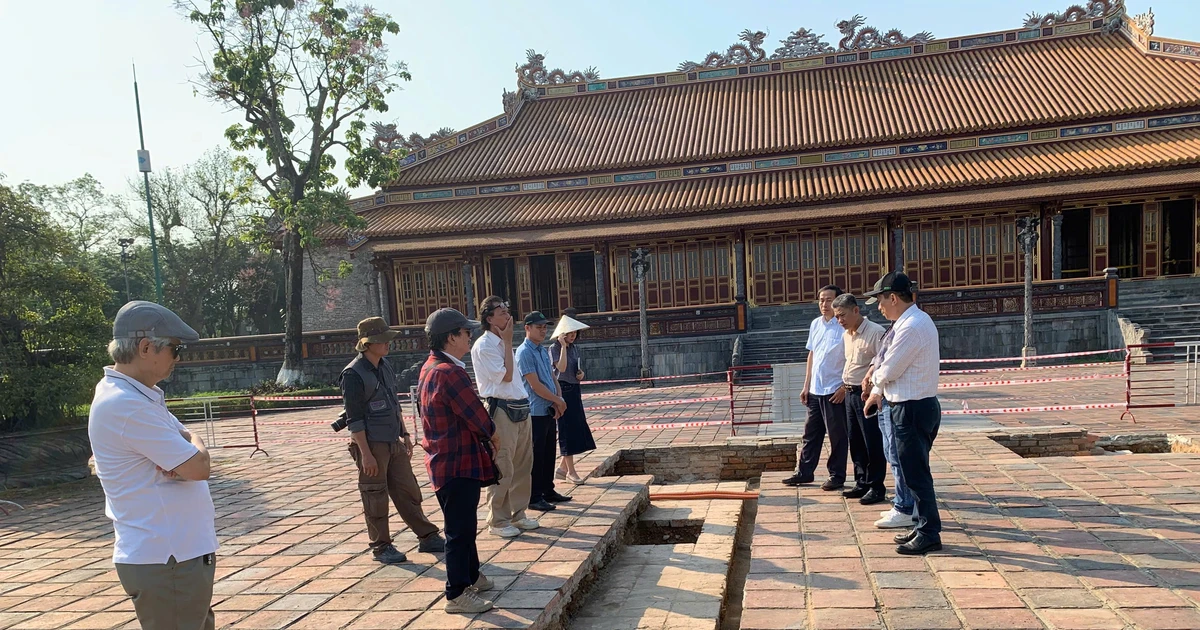

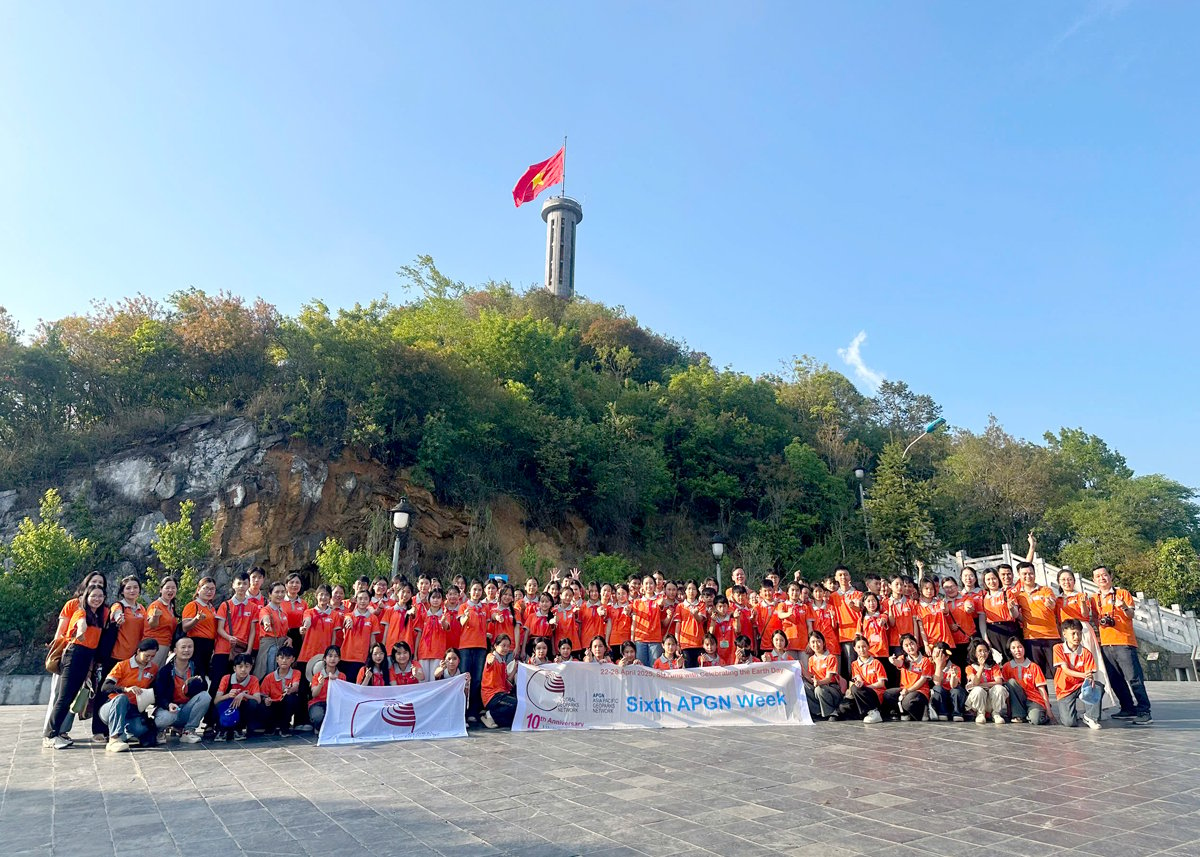







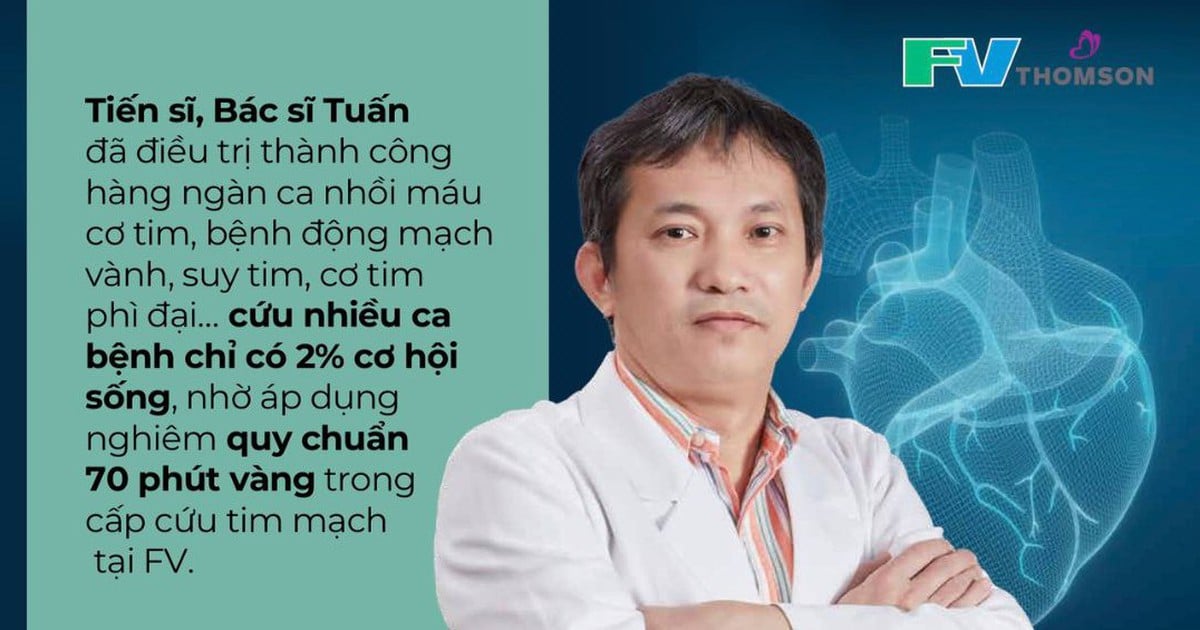

























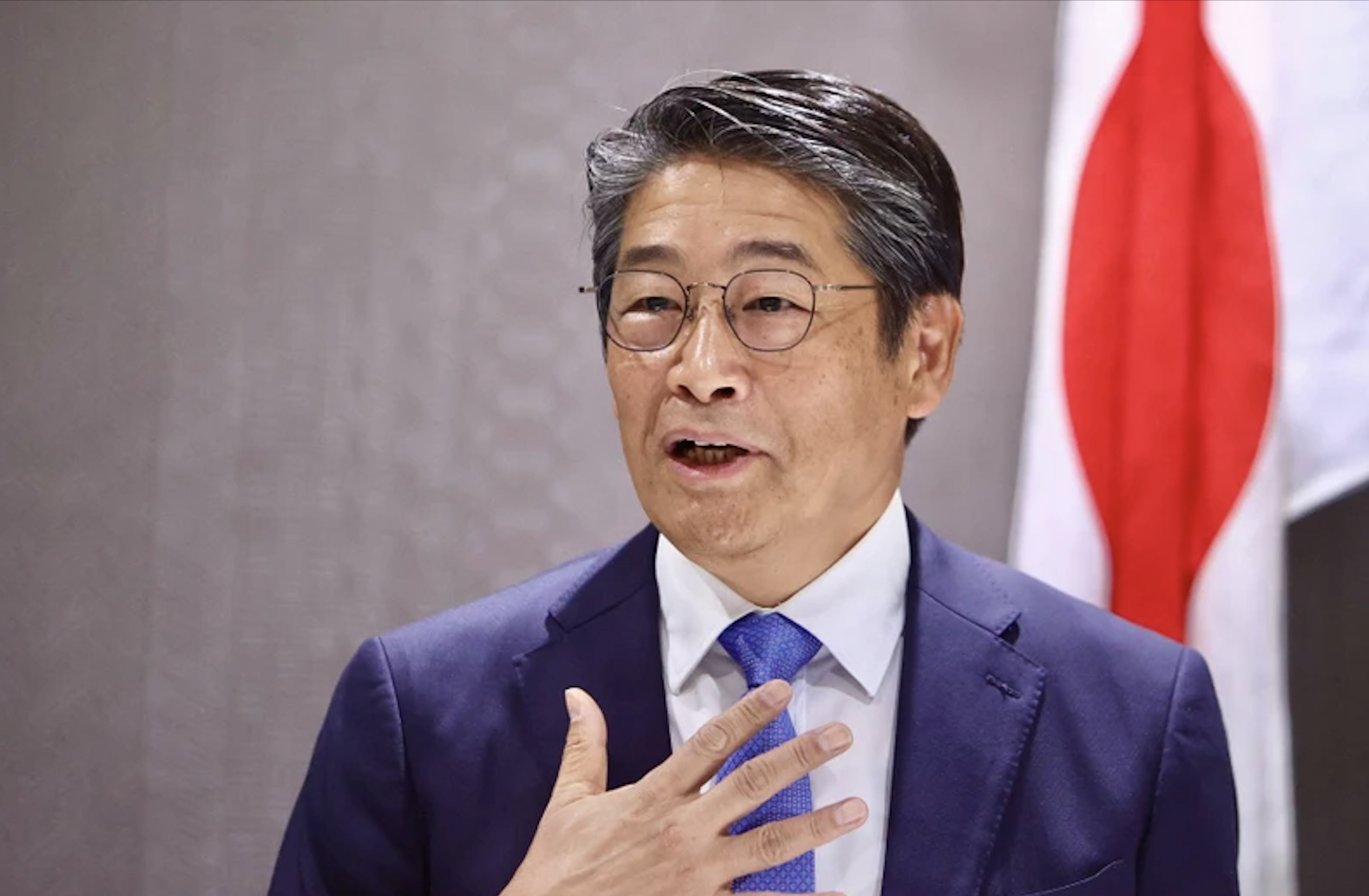


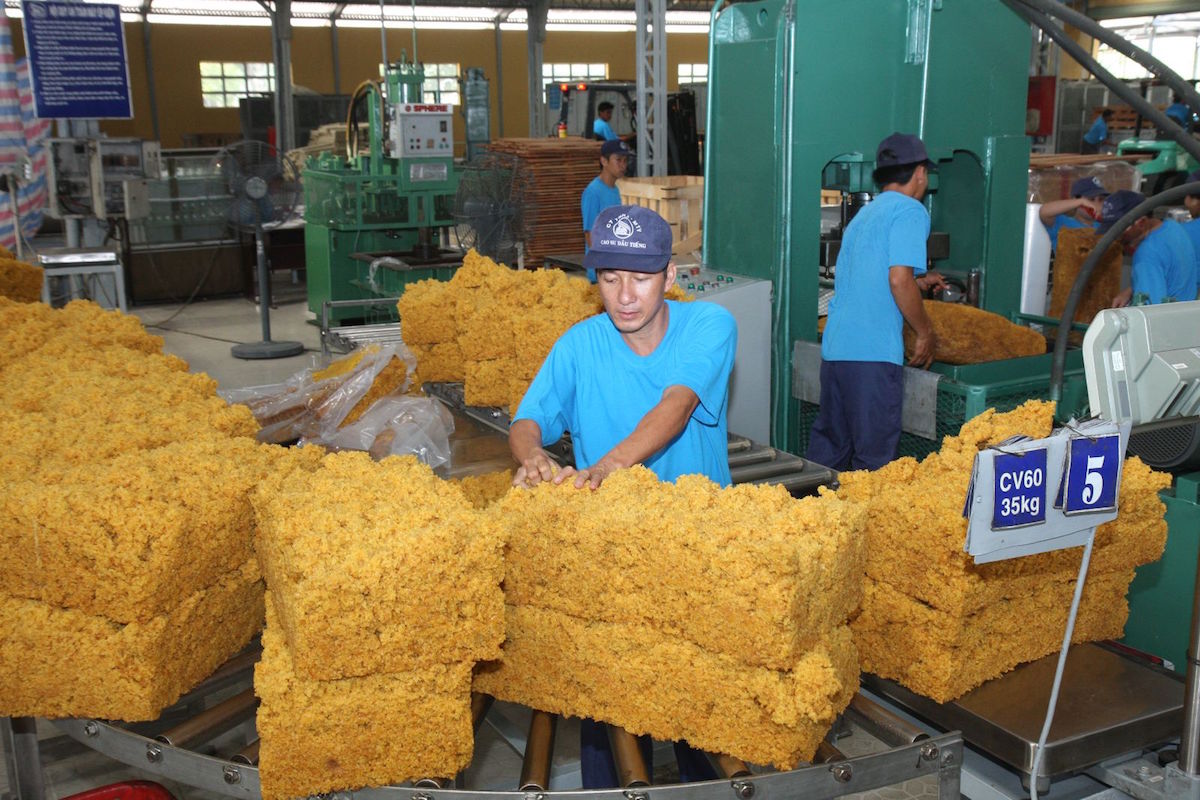



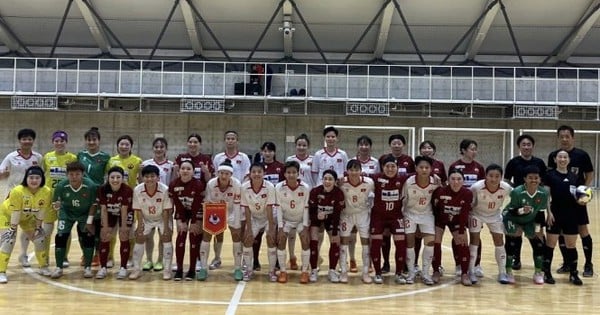




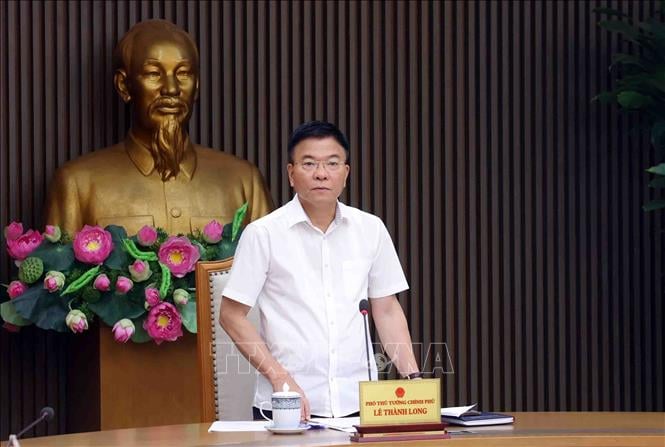






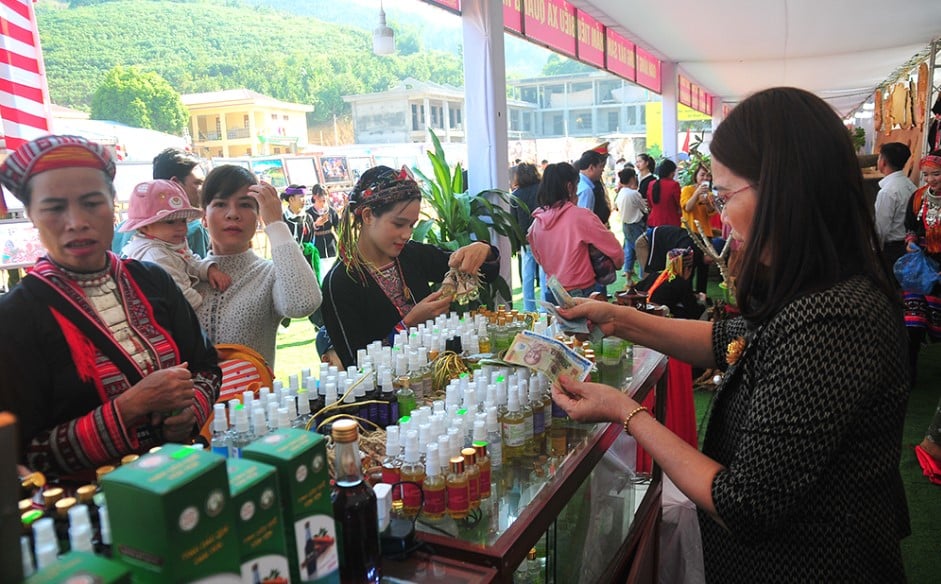



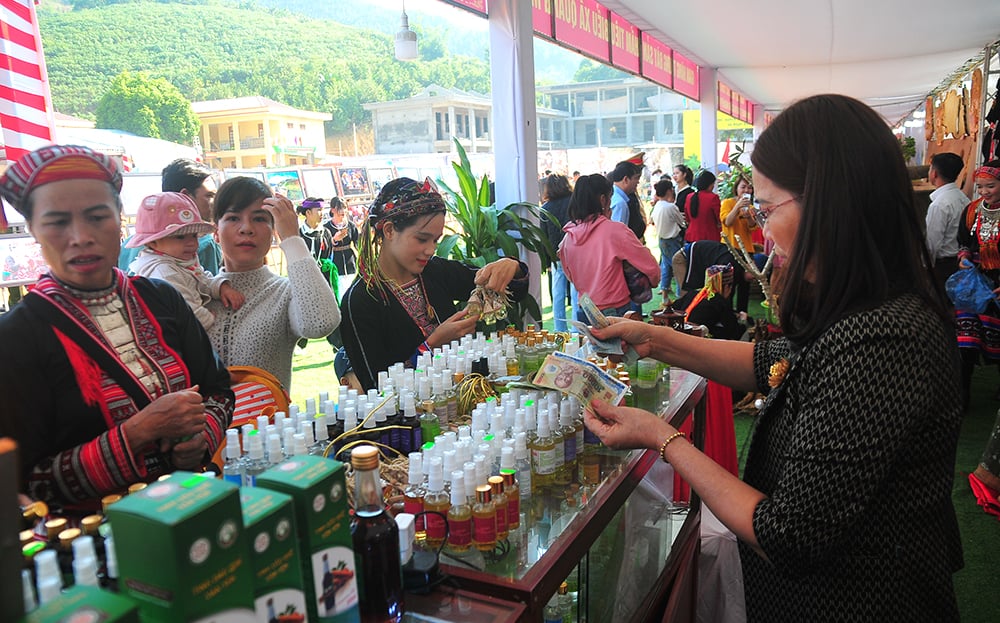



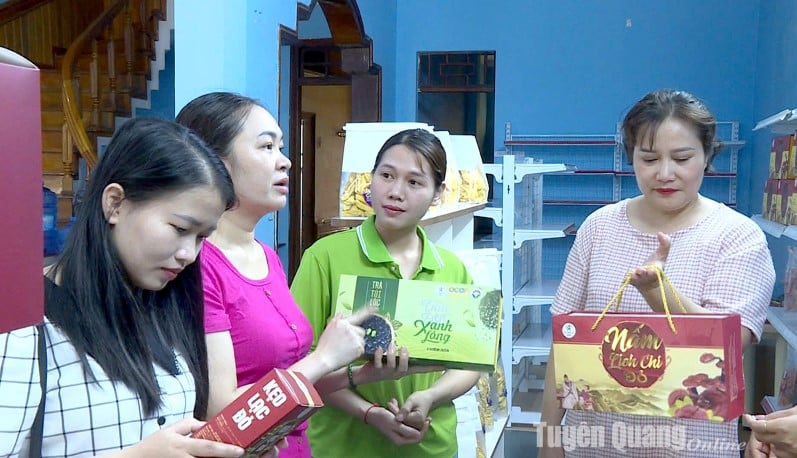

Comment (0)